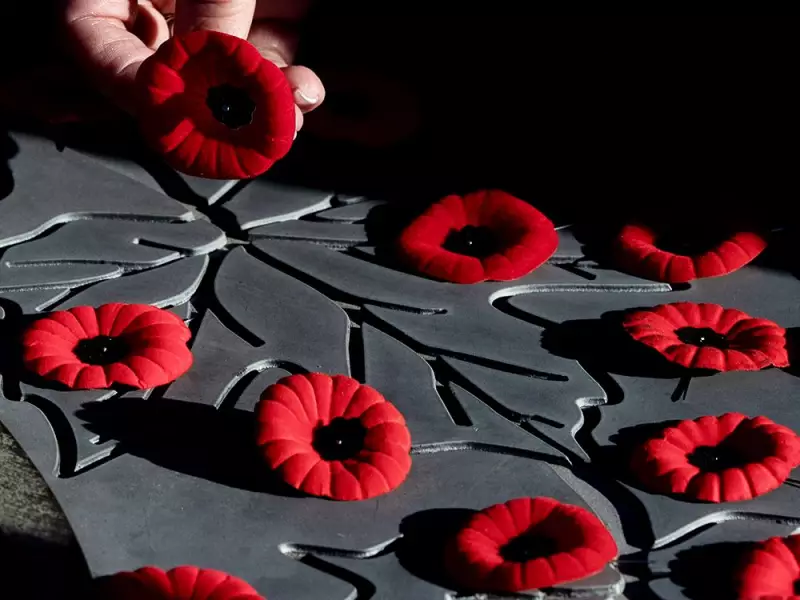
In communities across Canada, the simple red poppy continues to ignite complex debates about remembrance, politics, and national identity. While annual controversies around the symbol often follow predictable patterns, a recent judicial decision in Nova Scotia has sparked particularly intense discussion about where the poppy belongs in public institutions.
Courtroom Controversy Over Remembrance Symbol
Nova Scotia's justice system found itself at the centre of this year's poppy debate when it emerged that judges can and have ordered courtroom staff not to wear the remembrance symbol. The revelation prompted Premier Tim Houston to express strong disapproval, calling the practice "disgusting" in a Facebook post that quickly gained attention.
The provincial premier emphasized his respect for judicial independence but stated unequivocally that he respects veterans more. Houston vowed to table legislation that would explicitly protect the right to wear poppies in workplaces from November 1 to November 11 each year.
Judicial Defense of Courtroom Neutrality
In response to the growing controversy, Chief Justice Deborah Smith of Nova Scotia's Supreme Court and Chief Justice Perry Borden of the Provincial Court issued a joint statement defending judges' discretion in such matters. They explained that decisions to restrict symbols like the poppy aren't meant to diminish respect for veterans but to ensure all Canadians perceive courtrooms as unbiased and neutral spaces.
The judicial leaders referenced the Canada Judicial Council's Ethical Principles for Judges, which caution that even seemingly innocuous symbols might be interpreted as reflecting a lack of impartiality or using judicial position to make political statements.
The Inherent Politics of Remembrance
While Premier Houston insisted that "the poppy is not a political statement," journalist Chris Selley argues otherwise in his commentary. Selley suggests that not only is the poppy political, but that this political dimension serves an important purpose in Canadian society.
Drawing from University of Chicago historian David Easton's definition of politics as interactions oriented toward "the authoritative allocation of values for a society," Selley contends that the poppy's political nature is precisely what makes it meaningful. The symbol represents collective decisions about what and whom Canadians value enough to remember collectively.
As Remembrance Day ceremonies concluded across the country on November 11, 2025, the debate continues about how Canadians honor their military heritage while maintaining neutral spaces for justice. The Nova Scotia case illustrates that even long-standing traditions like poppy-wearing require ongoing negotiation in a diverse and evolving society.





